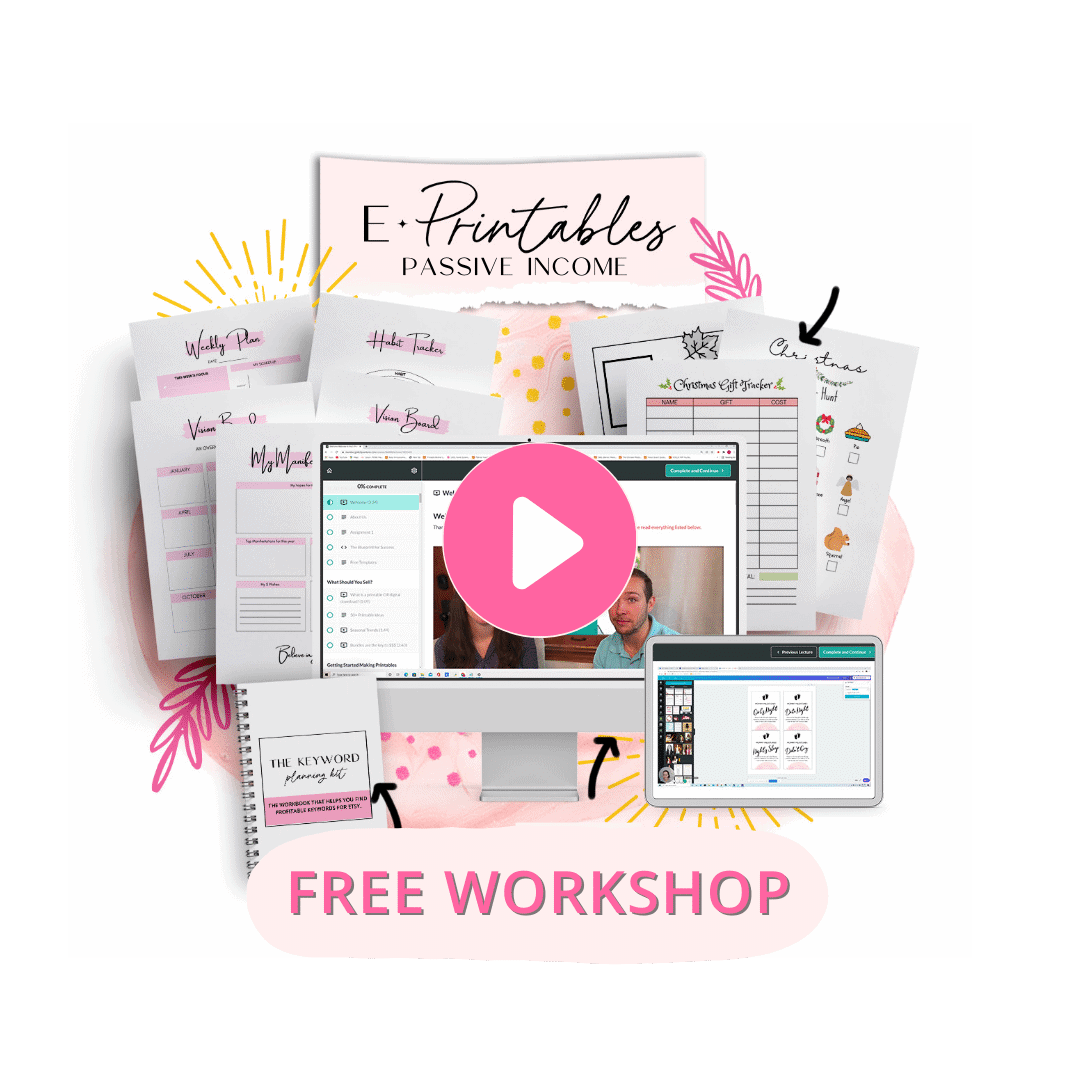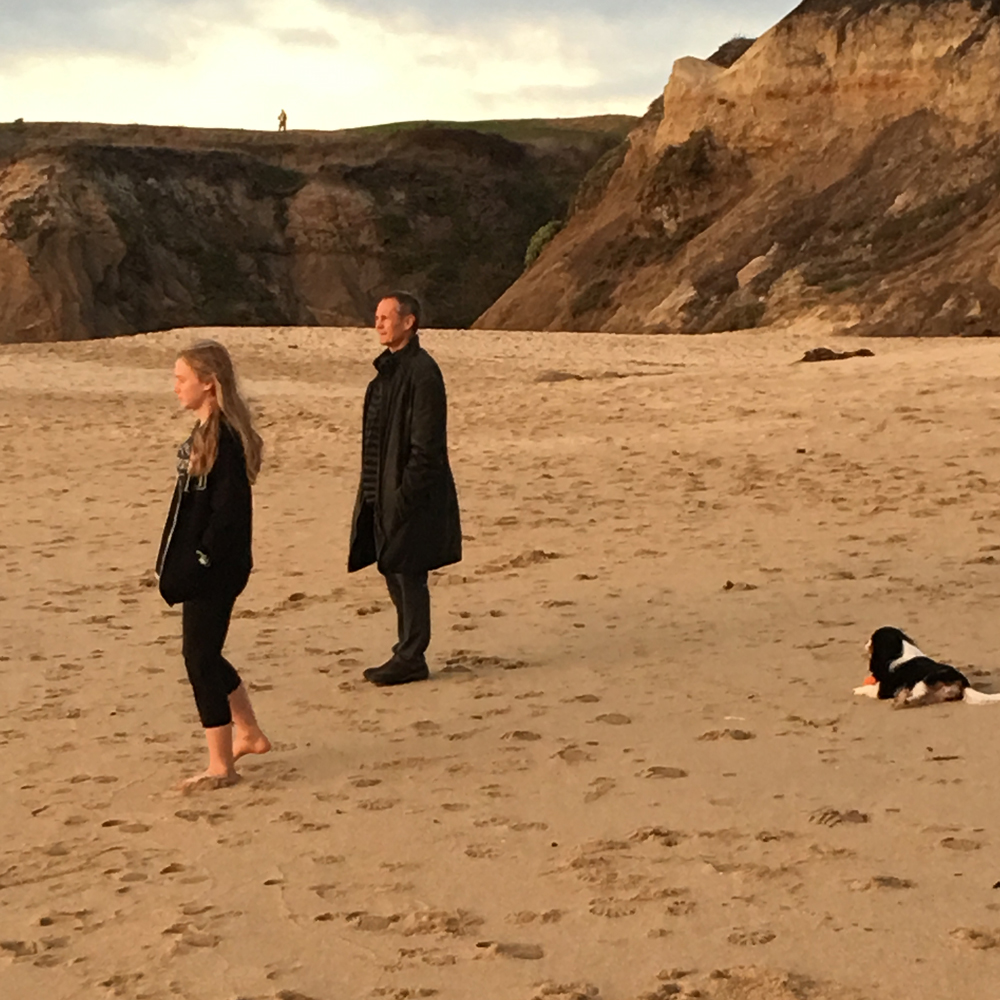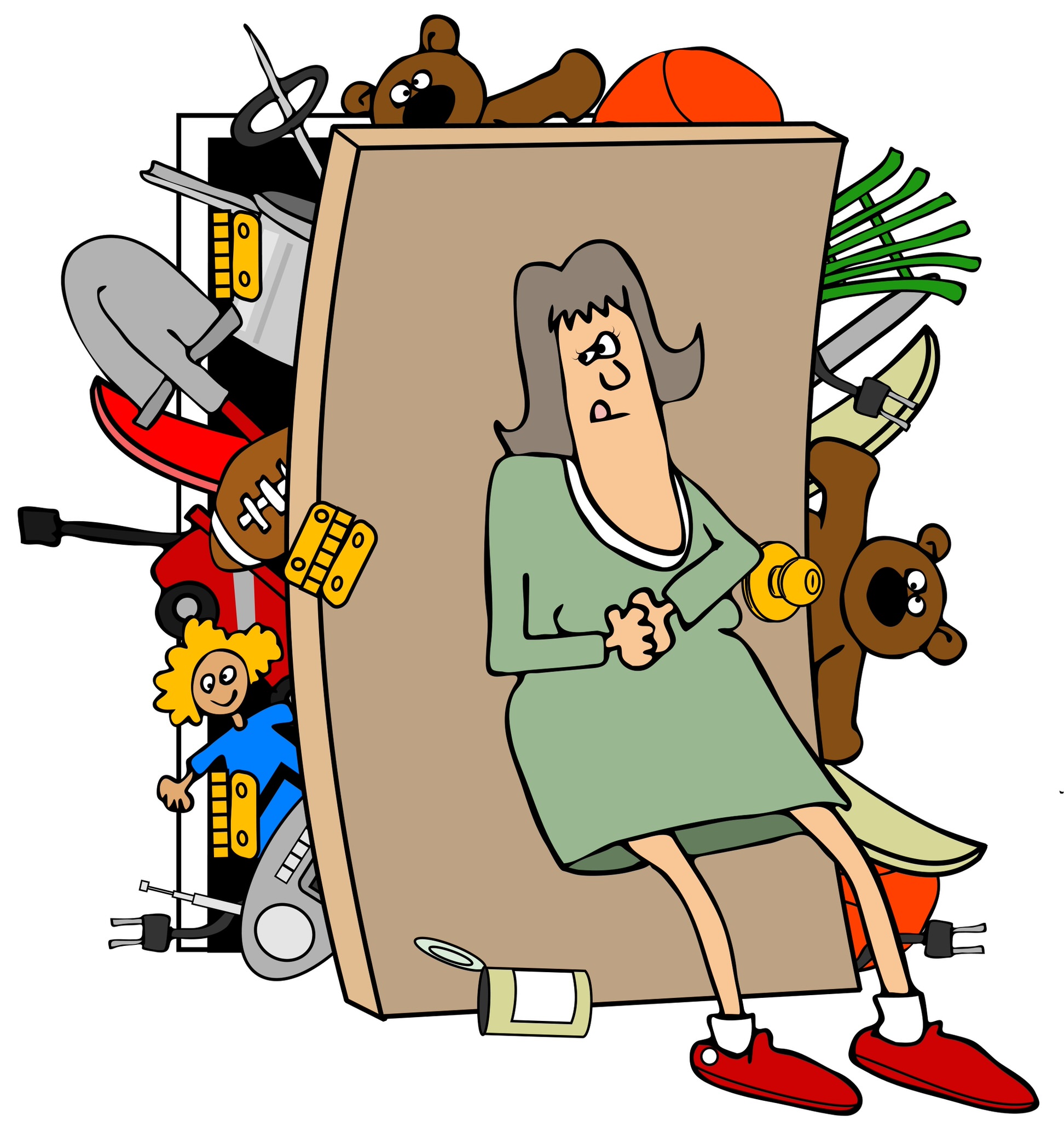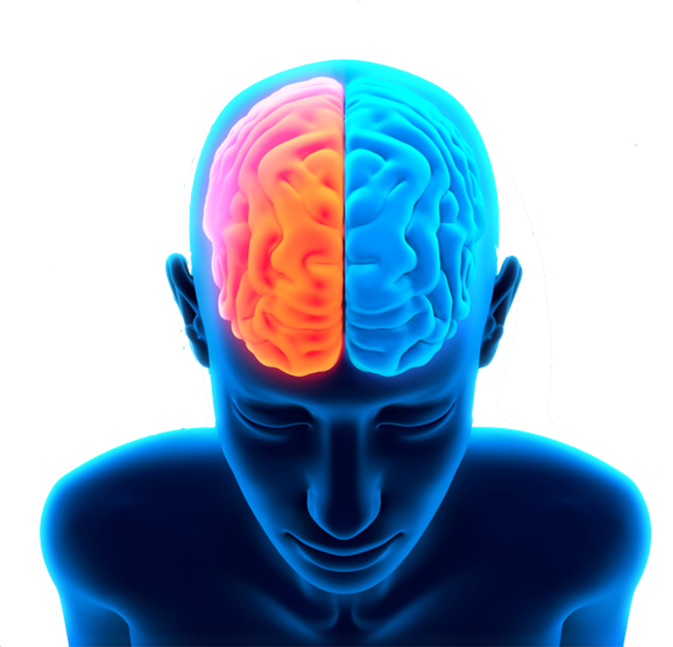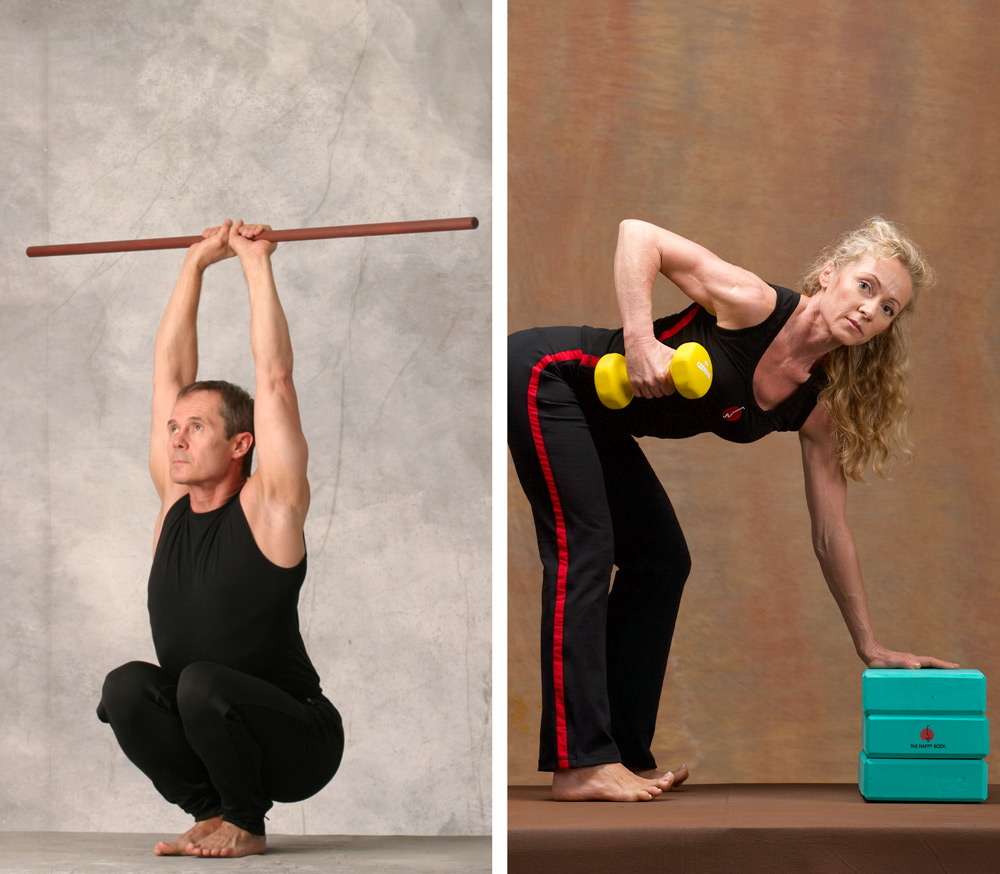Is it possible to learn compassion, loyalty, or even being angry? Generally, we learn from those around us – we naturally imitate the people we interact with. As children, we don’t have any choice regarding who our parents or...
Is it possible to learn compassion, loyalty, or even being angry? Generally, we learn from those around us – we naturally imitate the people we interact with. As children, we don’t have any choice regarding who our parents or siblings are or even our teachers. Children of doctors often become doctors because they’re encouraged in academics exposed to discussions about science and medicine. Medical terms become like a second language. If your house was full of canvas, paints, and brushes, you might experiment with all these resources just out of boredom. So it might come as no surprise when creative parents often have creative children who like to explore the world artistically because it’s natural to them. I don’t think the acquisition of life skills like fixing leaking faucets or even cooking is any different – these abilities are often absorbed in the home just by watching. Years later, when you’re complimented on your delicious meals, you can usually pinpoint someone with a passion – a mother or uncle – who influenced you in your childhood.
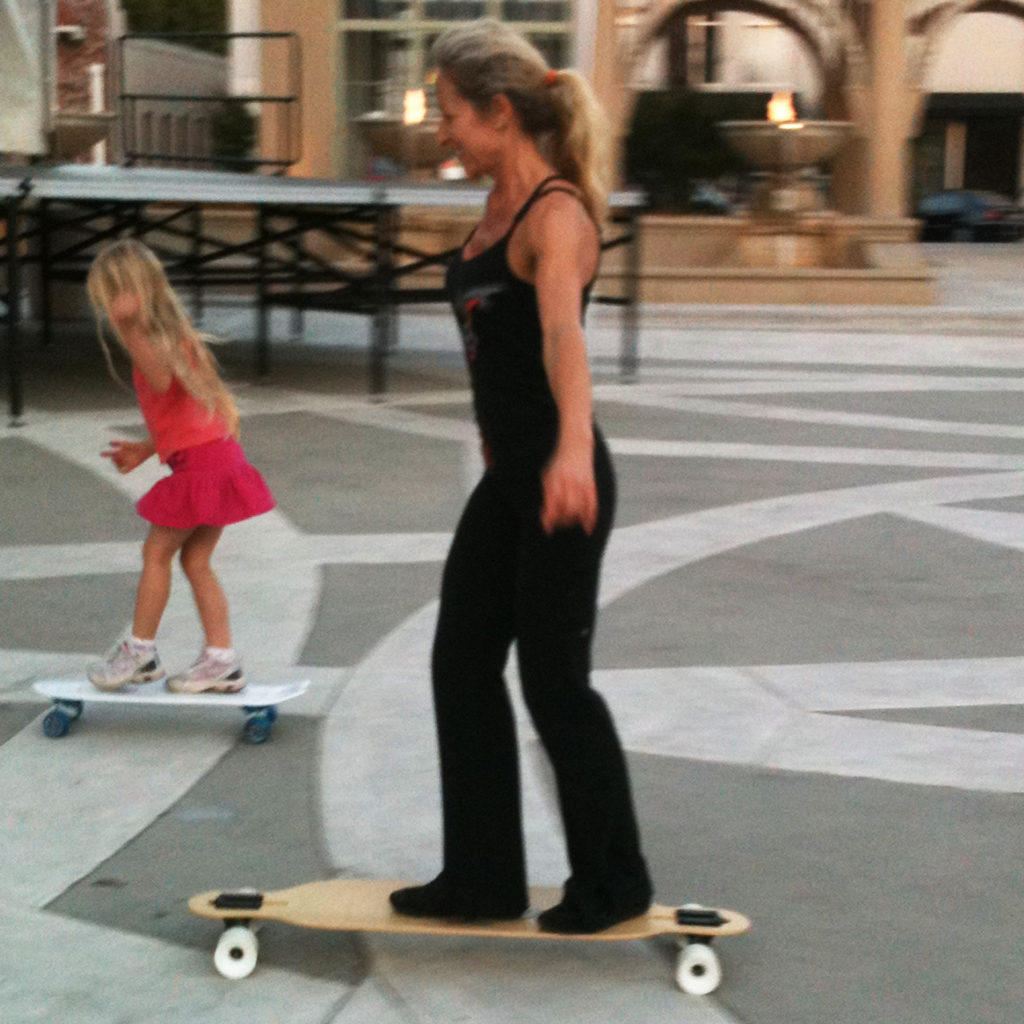
In our work, we encounter a lot of “late bloomers” who think that they’re physically awkward because they never tried to make their bodies perform. Or they think they are terrible at cooking – they don’t even know how to boil an egg. We show them that they’re wrong. They simply were never exposed to these activities. If you grew up eating boxed and frozen meals where everything was already prepared, you’ll be terrified to cook just rice. As for our late bloomers, dancing or bike riding may have been foreign to them, but after a while, many exceed their goals to become true athletes.
Habits and preconceptions are stubborn and sticky. When we shop, there’s often a tendency to buy what’s familiar and known, especially with food. By adulthood, habits are already ingrained and we’re no longer mimicking. If we have poor habits, we must consciously look for role models who can help us change, new people that we like and admire. People we want to be like. By spending time with them, we can mimic what they do to create a better self and a better life.
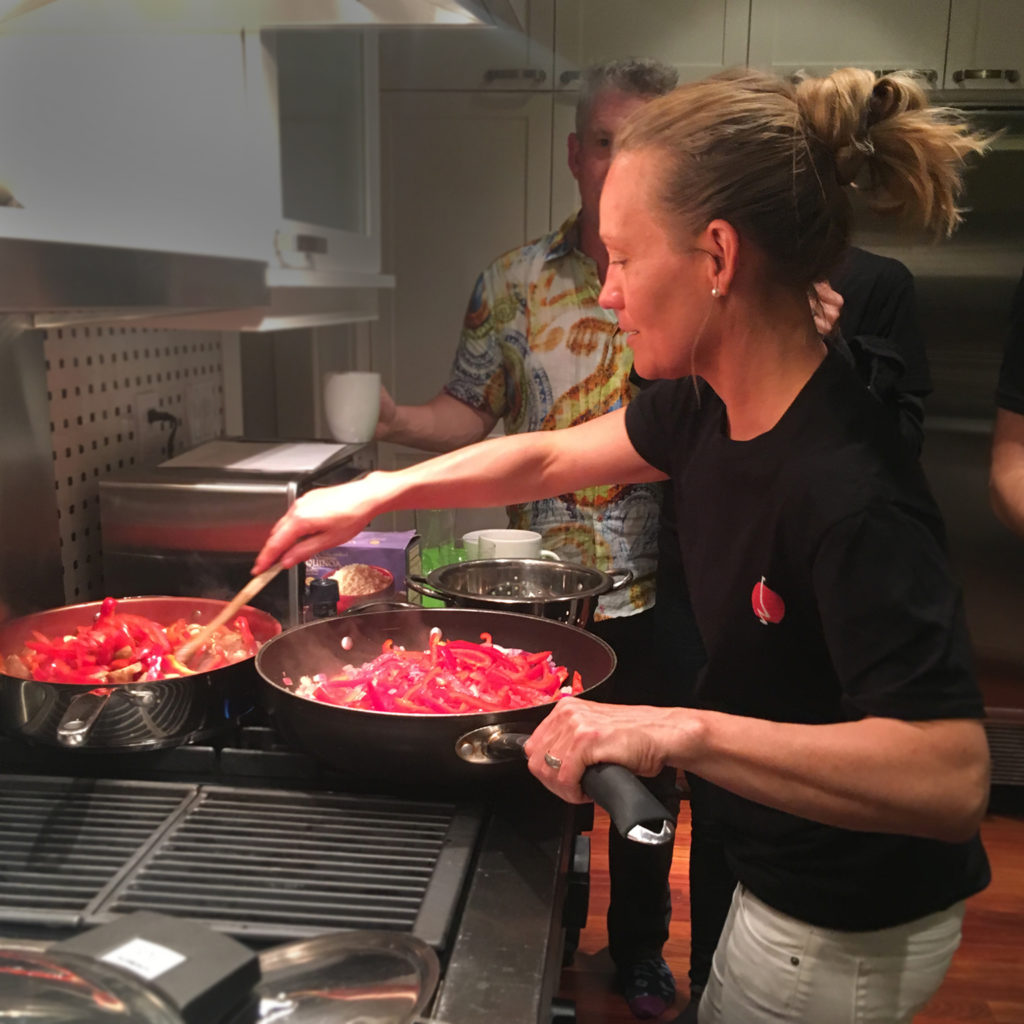
Once we realize we have poor habits, the struggle and suffering begin. Transformation isn’t fast or easy – we can’t blame others when we don’t improve. We can follow role models, but in the end, we must take control of ourselves and not avoid facing our flaws. Our teachers guide us, but we need to think and act in every moment. When Jerzy attended the fire engineering academy, one of his teachers left him with an enduring understanding. He said his role as a teacher was not to teach engineering but to teach him how to think, because in the future he’d have to solve problems in many areas of life far beyond engineering.
In the Happy Body, we use the same principle. We teach our clients skills of living, educating them to think critically about how they exercise and what they eat, giving them proven guidelines but expecting them to tailer them so they work in their own lives. Through critical thinking, you can find freedom and independence, your authentic life. No matter what words we use – either imitating, faking or mimicking (a nicer word for faking) – what’s important that it gets us to change for better.
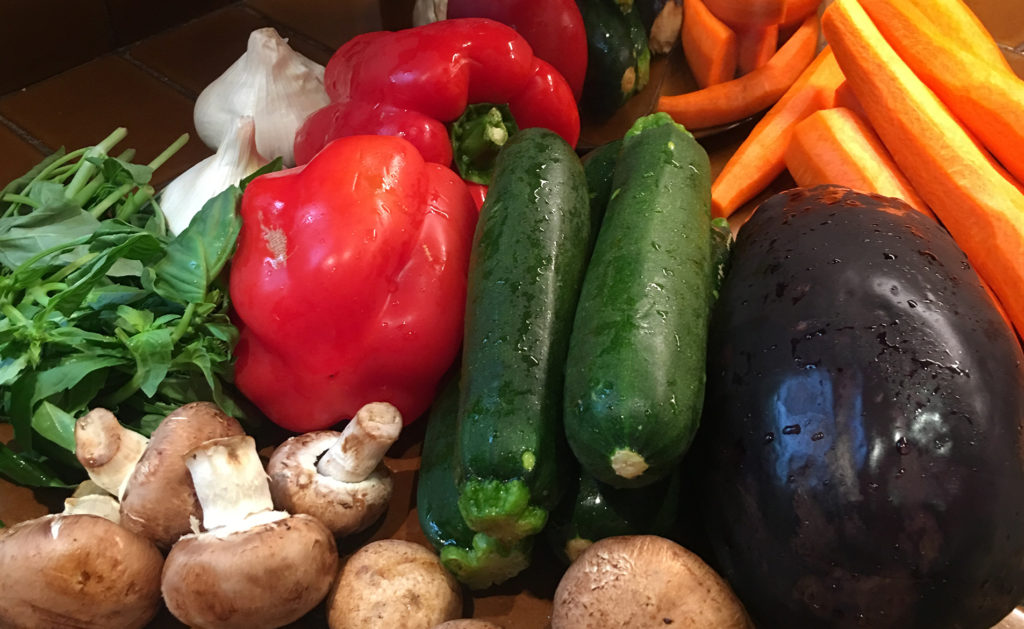
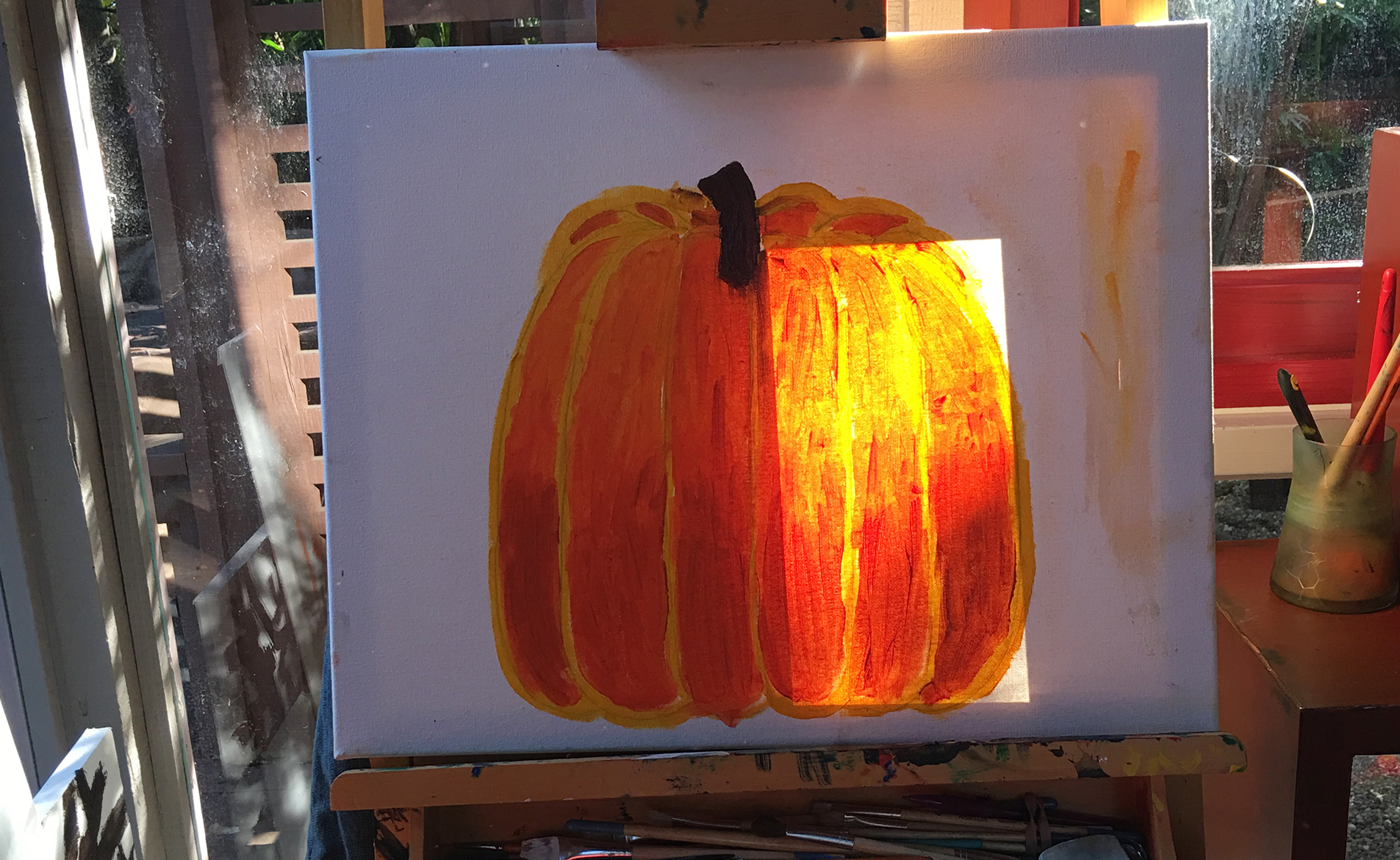
The post Fake it Until You Make it? appeared first on The Happy Body.




